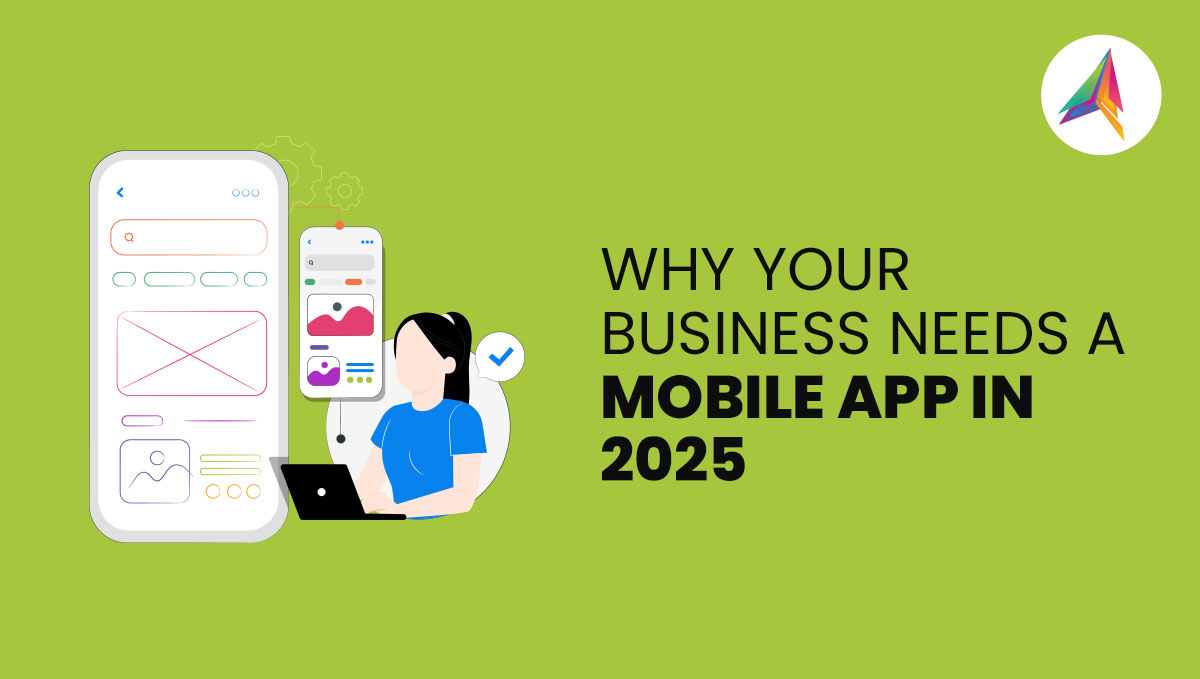Gone are the days in 2025 when mobile app development was considered an option for businesses. In an era where digital consumer behavior predominates, mobile app creation banks on its value-up. The companies that are on the forefront of this seismic shift are earning better levels of engagement and customer loyalty and just feel the impact of empirical ROI.
At Web2Byte, we help entities take the right digital tools for growing their brand and reaching the audience. In this blog, we discuss the reasons why, in 2025, every business must have a mobile app, the evolving trends shaping the landscape, and how an investment in a good app yields real, sustained results.
Table of Contents
The Rise of the Mobile-First Economy
Mobile apps are more controlled, customizable, and direct in dealing with users. App conveniences such as staying logged in, notifications in real time, and offline service set a strong favor for the app. Simply put, mobile is not just the future; it is the present, and mobile apps represent the preferred go-to gateway.
Key Trends in Mobile App Development for 2025
The evolution in mobile transformations is taking place in a very rapid manner. Businesses that understand and develop upon the latest trends in mobile app development stand a better chance of outperforming competing firms. Listed below are some of the major trends expected to define the mobile app market in 2025:
AI-Powered Personalization
Integration of Voice and Chat Interfaces
Low-Code and No-Code Platforms
Rise of Super Apps
Augmented Reality (AR) Capabilities
Business Benefits of Mobile App Development
Enhanced Customer Engagement
Increased Conversion Rates
Improved Customer Retention and Loyalty
New Revenue Opportunities
Actionable Customer Data
Apps provide access to detailed analytics, including how users navigate your platform, where they drop off, and which features they prefer. This data helps in refining strategies, creating targeted marketing campaigns, and enhancing product offerings.
Results That Speak for Themselves
- A retail brand doubled its monthly sales within six months of launching a user-centric shopping app.
- A fitness company reduced customer churn by 40% through an AI-driven workout planner and in-app support.
- A travel agency increased repeat bookings by over 60% using an app-integrated loyalty program and real-time travel updates.
These aren’t isolated success stories; they represent what is possible when businesses prioritize mobile-first strategies.
Addressing the Cost Concern
Moreover, working with an experienced agency ensures better planning, faster development, and a higher-quality product. When properly executed, the return on investment often exceeds expectations.
If you’re considering developing an app, our expert team at Web2Byte can guide you through the entire process from strategy and design to development, testing, and ongoing support. Explore our mobile app development services to learn how we can help your business grow through mobile innovation.



